By Jasmyn Mc Dermott
The people who tend to hurt us are usually the ones whom we have deep care or love for. It took me quite a while to truly understand the meaning of forgiveness, how it affected me, and how the inability to do so affected my relationships.
Over, the last few years, I have experienced different forms of hurt from people that I cared about. I would always practice never forgetting or forgiving people for the pain they have caused me. This made me bitter, angry, ruthless, and unable to trust others, thus increasing feelings of distress. It took me even longer to realize how these negative attributes impacted my mental health and the relationships I had with friends, family, and romantic partners.
I was holding a grudge against everyone that has ever caused me even the slightest emotional harm, and in turn, it damaged the relationships that I wanted to build and affected my health. And in turn, it impacted my ability to build and maintain healthy relationships.
Because I was very untrusting, it made it very difficult to see the good in others. I was hypervigilant in my current relationships; romantic and platonic. I found it very hard to believe that they would not deceive me.
It took gaining a sense of acknowledgment, admittance, and acceptance of my pain, for me to make the conscious decision to forgive the people who have hurt me. most importantly, I had to practice forgiving myself for how I handled the situations because it only caused me more distress and invited negativity into my life. It played a significant part in the decline of my mental health in so many ways. I was angry, depressed, and riddled with anxiety. These are all things that harm your overall and mental health.
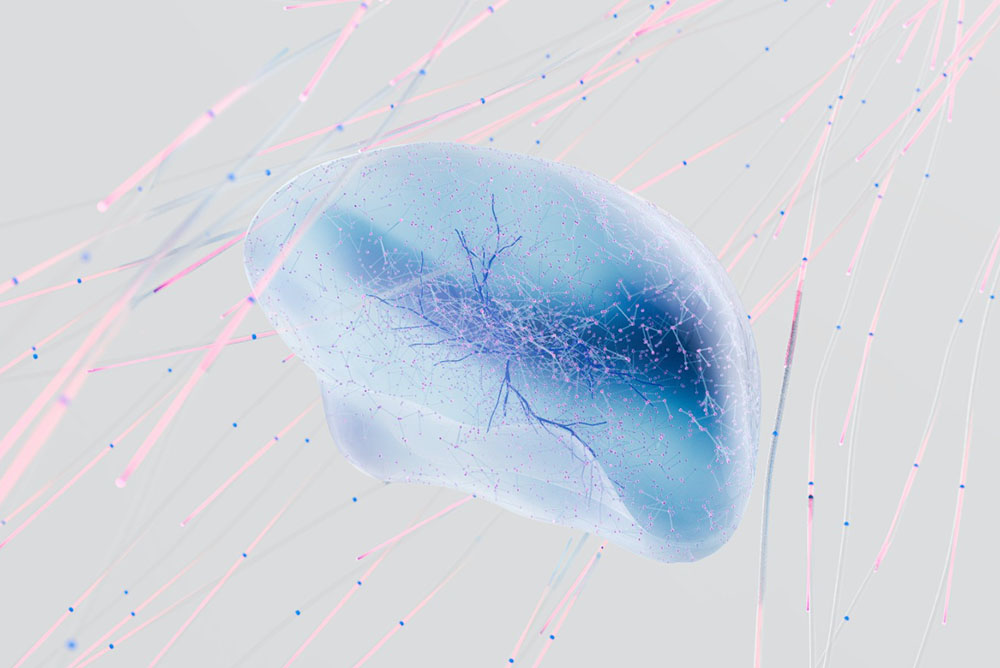
What is forgiveness? What does that look like?
“Forgiveness involves willfully putting aside feelings of resentment toward someone who has committed a wrong, been unfair or hurtful, or otherwise harmed you in some way. Forgiveness is not merely accepting what happened or ceasing to be angry. Rather, it involves a voluntary transformation of your feelings, attitudes, and behavior so that you are no longer dominated by resentment and can express compassion, generosity, or the like toward the person who wronged you.”
Forgiveness is sometimes considered an important process in psychotherapy or counseling.
Adapted from the APA Dictionary of Psychology
How Does Holding a Grudge Impact Your Overall Health?
Holding on to these emotions that come with holding on to grudges can cause us even more hurt and lead to things like anger, depression, stress, and a lack of trust in others. It can severely negatively impact your overall health by causing depression, which can lead to self-isolation.
There is also a risk of cognitive decline as well as added stress in your daily life. Stress alone causes chronic muscle tension and complications in your respiratory, cardiovascular, endocrine, gastrointestinal, nervous, and reproductive systems. Practicing forgiveness can counteract the negative impacts that these can have on your overall health.
Related content : Stress in the Body
Understanding Forgiveness
Forgiving yourself
Forgiving yourself can look like many things. This may be one of the biggest challenges that we face as individuals because we can be our own worst critics. It’s easier to forgive someone else for something they have done to you, but it is extremely difficult to forgive ourselves for the pain we have caused ourselves.
We need to acknowledge that we are human, that we make mistakes, and that our choices aren’t always the best for us. This is a step toward forgiving ourselves for the pain that we have caused ourselves. It’s important to take the time to learn from our mistakes to benefit our mental health which includes understanding and accepting the emotions behind our choices.
We can also forgive ourselves by treating ourselves more kindly, practicing self-care, and prioritizing ourselves over others. We can make amends with those with whom we have caused pain or even amend the love that we have for ourselves if we dwell in insecurities.
We can share our pain with ourselves or with others as a form of release, especially when it comes to guilt and shame. Guilt can make you feel like you’re a good person who did something bad, while shame can make you feel like a bad person overall.
One way to move on from guilt is to find a way to fix your mistakes. Apologize if needed; you aren’t only benefiting the person who you may have hurt, but you’re also allowing yourself to heal from the situation as well. Take the time to learn from your experiences; this is important when it comes to forgiving yourself. Everything in life is a learning experience, and this can allow you to make better choices in the future.

Forgiving others and letting go
This is my personal favorite. In life, I have learned that everyone who hurts you won’t always apologize, or they may not apologize to you when you need it the most. They are either afraid to do so, simply don’t understand or see where they have harmed you, or maybe they just don’t care.
Sometimes you have to choose to forgive the person despite knowing that you will never get an apology. Doing this takes so much pressure off of you and truly puts your mind at ease. You make peace with the situation, and this will allow you to improve your mental health. This is called radical acceptance.
It’s important to note that when we choose to forgive someone, we aren’t deciding to excuse their behavior; we are simply allowing ourselves to heal from the pain that they have caused. We can accept something for what it is but decide to move past it and move on with our lives.
Related content : What Radical Acceptance Really Means
Benefits of Forgiveness
You have to choose to forgive so that you can move on from certain situations.
It’s important to let go of these negative emotions or forgive the situation that causes them because it will allow you to heal from these wounds fully. Without forgiving those who have wronged us, ourselves, or hurtful situations, we are stuck in the place where we are harnessing these negative emotions, essentially leaving ourselves open to more hurt or pain.
When we forgive, we also allow ourselves to release these negative emotions that are holding us back from our personal growth and development. When we allow ourselves to be angry, hurt, or hold grudges about these situations, we allow ourselves to continuously invite negativity into our lives.
Being forgiving can open a whole new understanding of compassion and empathy towards other people. It can allow our stress and anxiety levels to decrease. Allowing ourselves to make sense of the decisions, or understanding that we will never be able to make sense of them.
Regarding our personal growth, being forgiving allows us to find a new level of self-awareness and gain a new and appreciated understanding of our sense of self and self-worth. It is also an opportunity to learn from experience and find ways we can avoid these situations in the future without holding on to negative emotions.

The Process of Forgiveness
I am not here to tell you what to do or how to choose to forgive. Every person’s forgiveness process will look different. You have to decide which method suits you and your current situation best.
Here are some helpful tips:
- Release any expectations of righting the wrong that was done to you.
- Be mindful of or restore your boundaries so this doesn’t happen again. Remind yourself that people cannot give you what they don’t have. Remember what to expect from others.
- Learning to forgive requires acceptance by acknowledging that what happened really happened, instead of wishing it were different. (Radical acceptance)
- Release the unhealthy attachment you previously maintained concerning how the other person behaves.
Some helpful tips (sourced from The Importance of Forgiveness From MSU.edu)
Everyone’s healing and forgiveness process will not look the same.
You have to take the steps that are better suited for your personality type and make them work for you. This isn’t an overnight process; it will require time, courage, patience, and, more importantly, practicing acceptance.
This process can be transformative in healing your wounds and releasing you from the power that resentment holds over you. In order to find inner peace, it is crucial to remember that the choice to practice forgiveness is not a way of condoning or forgetting someone’s hurt or harm against you. Instead, it is a choice to release the damage and give yourself the opportunity to heal and move on.
Practicing forgiveness takes you on a journey through compassion, empathy, and personal growth—helping to restore relationships and improving your overall health.
References or Related Content:
American Psychological Association. November 1, 2018. The Effects of Stress on the Body. APA. Retrieved from https://www.apa.org/topics/stress/body
Ayman El Tarabishy. August 28, 2020. The Three Aspects of Forgiveness. Medium. Retrieved from https://medium.com/@aymanelt/the-three-aspects-of-forgiveness-723a037f7a55
C. Fadero. February 4, 2023. The Importance of Forgiveness for Personal Growth. LinkedIn Pulse. Retrieved from https://www.linkedin.com/pulse/importance-forgiveness-personal-growth-chris-fadero/
C. Telloian. Healthline. September 28, 2022. The Effects of Holding Grudges. Healthline. Retrieved from https://www.healthline.com/health/holding-grudges#the-effects
J. Stepanik. December 30, 2022. The Role of Forgiveness in Personal Growth and Healing. Medium. Retrieved from https://medium.com/@jonasstepanik/the-role-of-forgiveness-in-personal-growth-and-healing-543c53f0deff
L. Tams. Michigan State University Extension. December 12, 2016 (n.d.). The Importance of Forgiveness. MSU Extension. Retrieved from https://www.canr.msu.edu/news/the_importance_of_forgiveness
M. Brown. PsychCentral. March 31, 2022. What It Really Means to Practice Radical Acceptance. PsychCentral. Retrieved from https://psychcentral.com/blog/what-it-really-means-to-practice-radical-acceptance#definition
S. Kristenson. January 12, 2022. The 5 Types of Forgiveness. Happier Human. Retrieved from https://www.happierhuman.com/types-forgiveness/
T.D. Jakes. (n.d.). The 4 Types of Forgiveness. T.D. Jakes Ministries. Retrieved from https://www.tdjakes.com/posts/the-4-types-of-forgiveness
Who is Jasmyn McDermott ?
Jasmyn McDermott was born in Queens NYC, USA, and is currently a graduate student at the American Business School of Paris.
Jasmyn holds two bachelors in Mass Communication and Public Relations. Jasmyn has found a new appreciation for self-care and self-love. She is on a path of self-discovery and personal growth. She enjoys traveling and creating new and memorable experiences.
“ I believe that there is no one else in this world that can create the life that you want for yourself. I have been finding peace in the beauty of life and working my life around the things that make me happy. It’s been a beautiful journey.”
Jasmyn McDermott
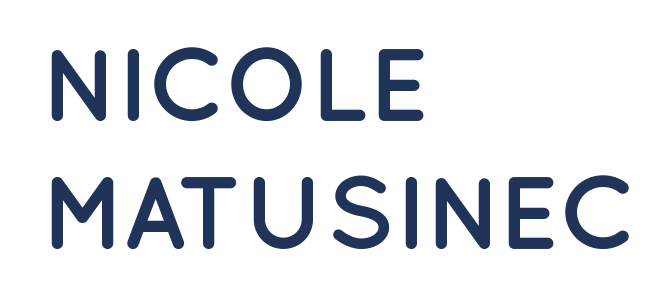
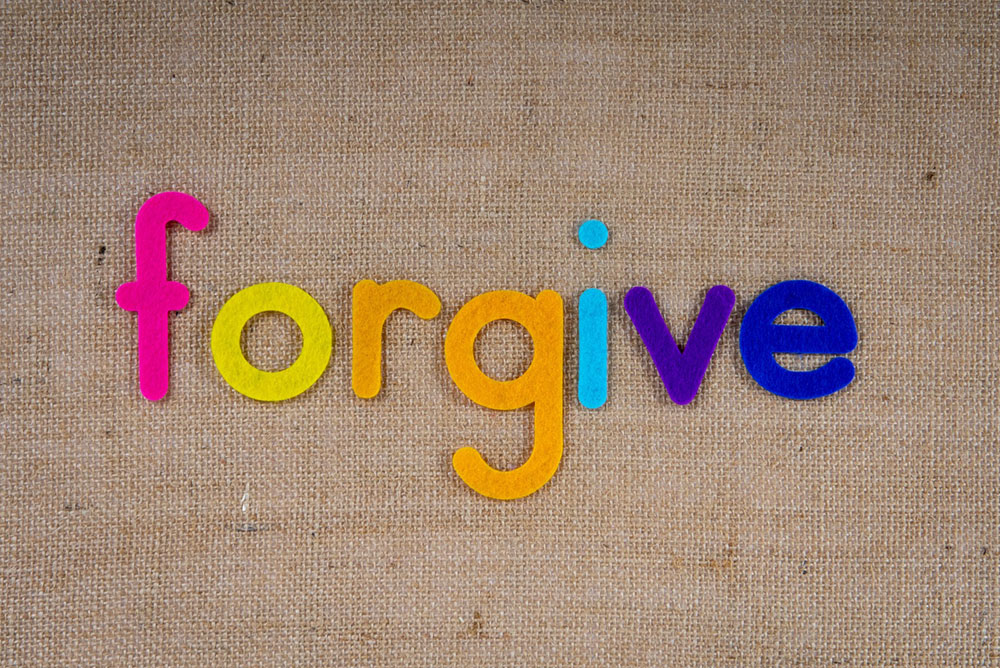
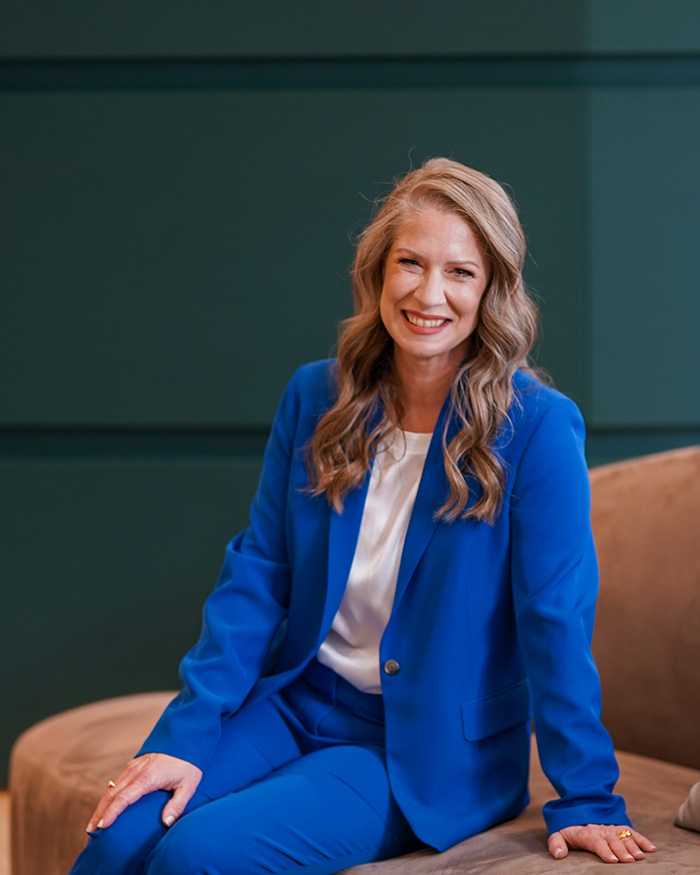





0 Comments